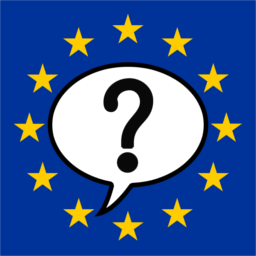Lately we’ve seen the EU do several amazing things to make platforms more open and user respecting by forcing:
- Microsoft to allow uninstallation of some of their apps
- Apple to allow browsers based on engines other than WebKit on iOS
- Apple to allow third-party app stores
- messaging apps to be able to interoperate
- etc.
I haven’t delved really deeply, so maybe I misunderstood some details, but I have a question that I don’t seem to find answers for anywhere: what makes certain platforms different from the others in so that, if they function in certain ways that make them depend on the vendor for certain functionality, they can be regulated into opening up more?
What I notice as the common denominator is that maybe external parties are involved or user decision is being restricted, but I wonder if, for example, iOS had its store only host Apple-made apps making it a completely closed platform, would they be safe from regulation that forces them to change operation? If not, what makes it different from, say, a router with a proprietary OS that can in no way be changed, or any other appliance that hosts its own software and nothing else?


Apple, Microsoft … are so called “Gatekeeper” they are at such a certain size, that if they go full ANTI consumer, or literally ban everyone else than themselves of their platform. It could lead to a monopoly or other worse case scenarios.
Its especially Apple, because its commonly known to restrict, force you into their eco-system, did multiple EEE attacks on some messaging apps, made some experience with third party apps/hardware unbearable worse. ( Its not just them, but everyone named in the Gatekeeper document by the EU )
In your example, a router, is just “a” router doesnt need to be a apple router, you can decide. It would be a different case if 1 router brand would dominate 50%+ of the router market and dictate what it costs, what the ui is etc…
In the end if a small company does something closed of thing, no one cares about it, because there are 1000000 alternatives, but if you are on apple or microsoft there arent anymore 100 alternatives rather just 2 or 3 ( but those do the same things ).
Yeah, I 100% agree!
I’ve been missing this piece of info, so that also means that any company that ends up becoming a new “gatekeeper” will be subject to the same regulations, right?
Like you can see in @visnae@lemmy.world great illustration, if the eu finds a new gatekeeper they need to declare it, so no IT corporation gets immediatly the gatekeeper treatment after a specific treshold, if the corporations already let people do those things the DMA requires them to do, the DMA wouldnt exist. But back to the point, i think no one can really disrupt, or “takeover” on of the current gatekeepers, main role. So i dont think any new coorperation will be added to it soo.
I see!
True that, though I wouldn’t rule it out completely after the sudden boom that ByteDance had with TikTok